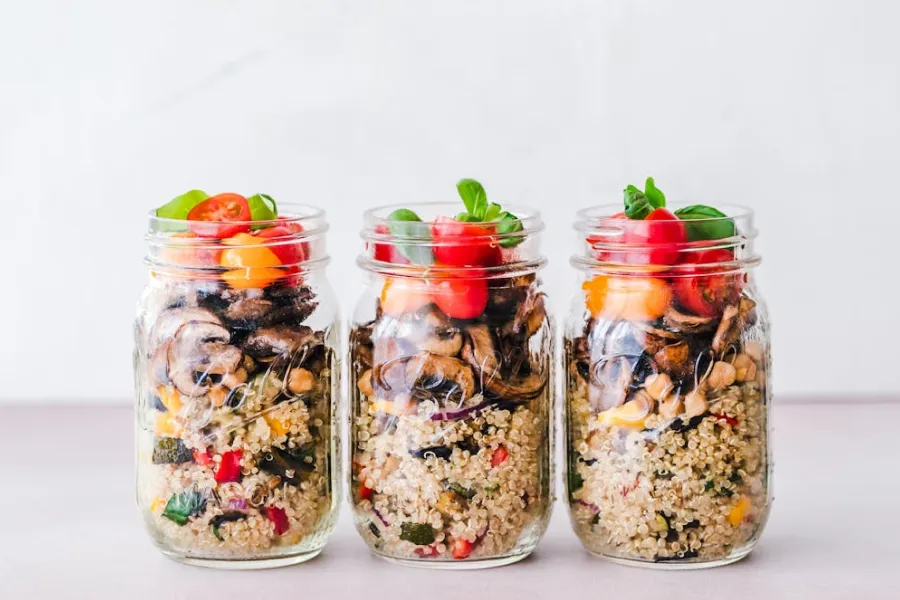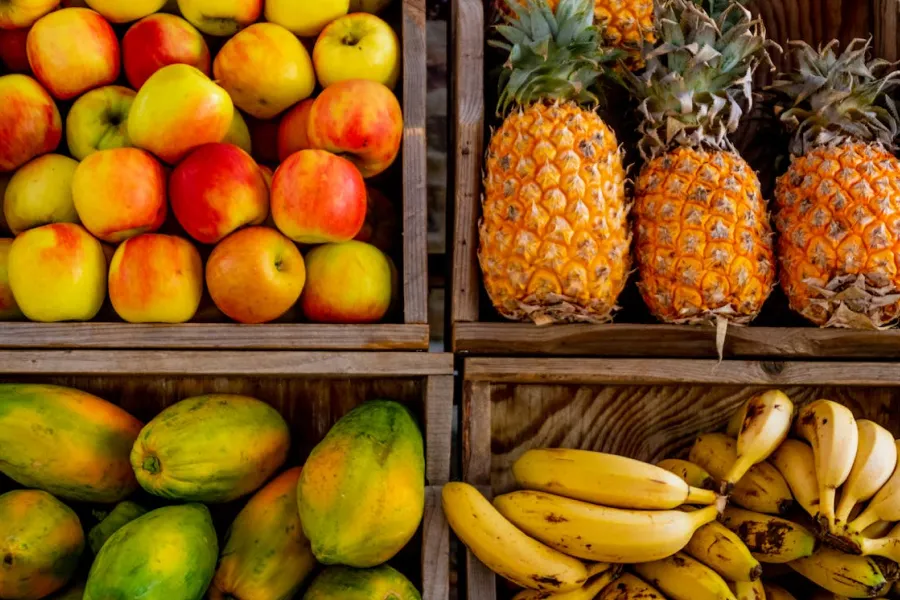Search

Your digestive system is the foundation of your health. When it works smoothly, your body absorbs nutrients, supports immunity, and keeps energy levels steady. But many people struggle with bloating, sluggishness, and irregularity because they overlook one simple truth: what you eat directly shapes how you feel. That’s why learning how to improve digestion with healthy eating is one of the smartest choices for long-term well-being.

Poor digestion doesn’t just cause stomach issues. It affects skin, mood, and even sleep. If your body struggles to break down food, you’ll feel tired, heavy, and irritated. Instead of chasing quick fixes, focus on the foods and habits that nurture your gut daily. With a little knowledge and practice, you can restore balance and feel lighter, clearer, and more energetic.
Think of your digestive system as the engine of your body. If the engine is clogged or poorly maintained, the entire machine suffers. The good news is that your digestive “engine” responds quickly to positive changes in diet and routine. Many people notice less bloating and more regularity in just a couple of weeks of shifting toward gut-friendly habits.
Food is the most powerful tool for wellness. Including best foods for digestive health in your meals makes your gut stronger. Fiber-rich vegetables, probiotic-rich yogurt, and hydrating fruits keep your digestive tract working smoothly. These foods don’t just reduce discomfort — they also help your body absorb vitamins more effectively.
These foods are not exotic or difficult to find. They are simple, affordable, and versatile. Adding them into your weekly menu can transform not only your digestion but also your energy and overall health.
Small changes in daily habits can lead to big results. Practicing mindful chewing, drinking enough water, and eating at consistent times are underrated yet powerful ways to improve gut health. Consider practical healthy eating tips for gut wellness. They reduce strain on your digestive system and support a more efficient metabolism.
Here are a few practical strategies to keep in mind:
Instead of skipping meals or overeating, aim for balanced portions with proteins, complex carbs, and good fats. This combination stabilizes blood sugar and prevents digestive stress. Your body thanks you with sustained energy instead of sudden crashes.

Your gut responds to both food and lifestyle. Along with diet, regular movement and stress reduction can make a huge difference. Walking after meals, practicing deep breathing, or gentle yoga help food move through your system naturally. That’s why it’s important to look at natural ways to support digestion. These approaches don’t rely on complicated methods — they’re simple, practical, and sustainable.
Hydration also plays a vital role. Drinking enough water throughout the day softens fiber and keeps your digestive flow smooth. Combine it with herbal teas like peppermint or ginger to reduce bloating and soothe the stomach.
Another often overlooked factor is stress. When you feel anxious or rushed, your body diverts energy away from digestion. Mindful breathing, short breaks, or evening relaxation rituals help calm the nervous system and support healthy digestion.
Improving digestion isn’t about restriction. It’s about balance. A balanced diet for gut healing doesn’t mean giving up the foods you love. It means including the right mix of nourishing choices that help your gut recover and thrive.
For example, replacing processed snacks with fresh fruit or nuts offers both fiber and nutrients. Adding fermented foods a few times per week provides the good bacteria your gut needs. These simple swaps create long-term results without feeling overwhelming.
Balance also means variety. Your gut microbiome benefits when you eat a wide range of plant-based foods. Each fruit, vegetable, and grain feeds different beneficial bacteria, creating a diverse and resilient gut environment.
Everything you eat shapes the health of your digestive system. Prioritizing whole foods, lean proteins, and diverse fruits and vegetables is more than a diet choice. It’s a commitment to feeling better every day. Focusing on nutrition for a healthy digestive system supports not only your gut but also your brain, heart, and immune defenses.
When your digestive system thrives, your whole body works more efficiently. That means clearer skin, stronger focus, improved mood, and a body that naturally resists illness. Nutrition isn’t just about weight or appearance — it’s about building a resilient foundation for lifelong health.
Sometimes, the hardest part is knowing where to start. That’s why resources like Gut Feeling: A Simple Guide to Healing Your Body Through Food can help. This guide provides clear, easy-to-follow strategies for eating in a way that supports your digestive system naturally. With practical advice, recipe ideas, and step-by-step tips, it shows you how to feel better without confusion or overwhelm.
The benefits are immediate and lasting: reduced bloating, increased energy, and a body that feels lighter and healthier. Many readers find that small changes inspired by the guide bring noticeable results in just weeks. Instead of struggling through trial and error, you get a roadmap designed for real-life application.

Good digestion is not luck. It’s a result of smart choices. Focusing on nutrient-dense foods, hydration, and mindful habits is a lifelong investment in your health. Adding expert-backed resources like Gut Feeling: A Simple Guide to Healing Your Body Through Food gives you the structure and confidence to make these habits part of your daily life.
If you want to feel lighter, healthier, and more energetic, start with your plate. Choosing better foods and habits now sets the stage for a healthier tomorrow. And the best part? It’s not complicated — it’s about consistency, awareness, and choosing foods that love your gut back.
Leave a comment